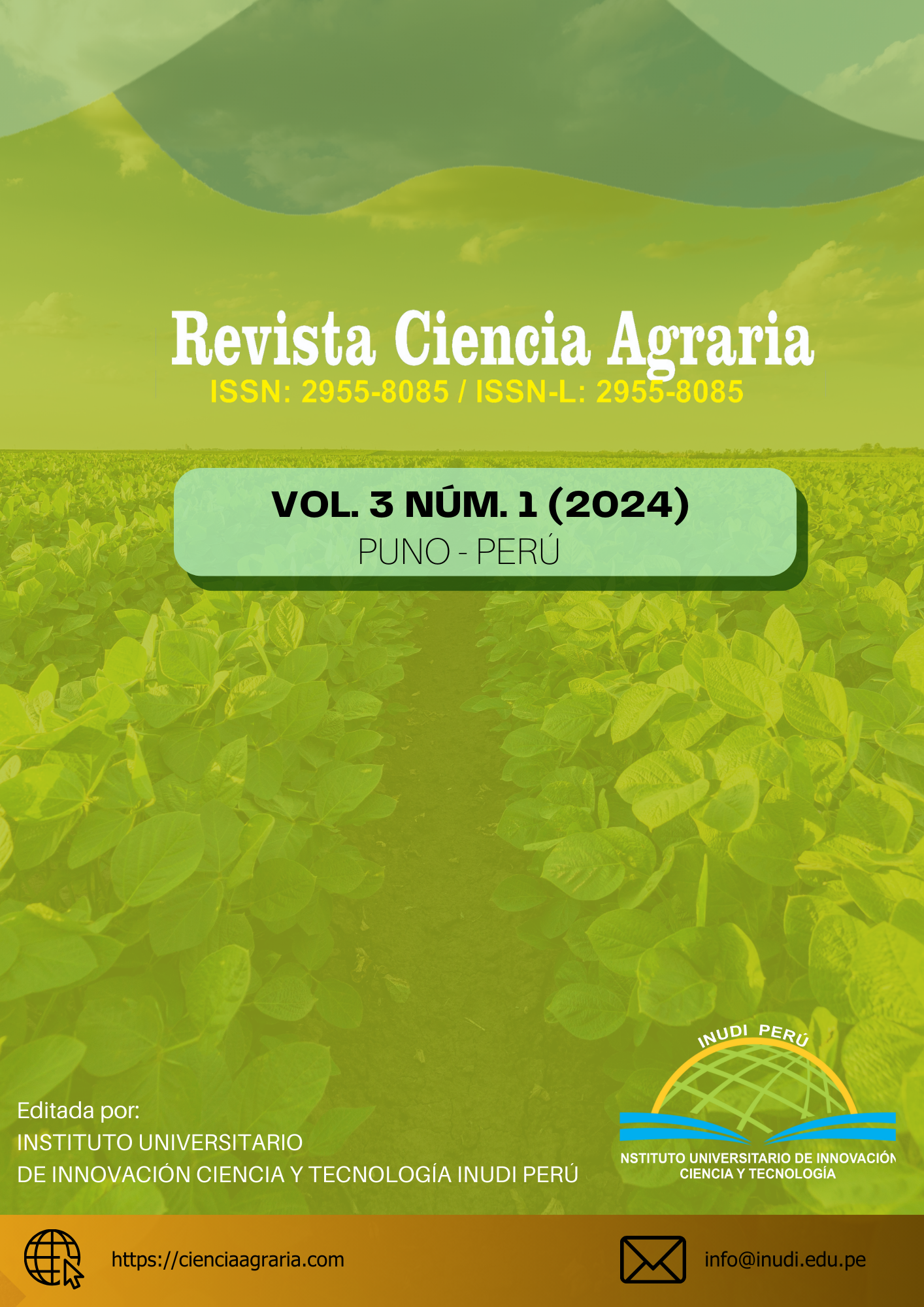Use of traditional plants in the management of COVID-19 by university students in a city in northern Peru
DOI:
https://doi.org/10.35622/j.rca.2024.01.001Keywords:
medicinal plant, treatment, students, COVID-19Abstract
Throughout history, medicinal plants have played a crucial role in both nutrition and medicine. Currently, understanding their use becomes imperative. The purpose of this research was to assess the level of knowledge among university students regarding the use of medicinal plants in the treatment during the COVID-19 pandemic. This descriptive and cross-sectional study involved 110 students through a questionnaire. The results indicate that university students possess a moderate knowledge of medicinal plants, highlighting ginger, wild garlic, matico, lemon, and onion, primarily used to alleviate symptoms such as headaches, fever, cough, respiratory deficiencies, and muscle pain, proving beneficial in the treatment of COVID-19. The identification of this knowledge reflects students' perception of the benefits and utility in disease treatment, providing valuable insights for the integration of traditional approaches in healthcare management during pandemic situations.
Published
Issue
Section
License
Copyright (c) 2024 Milena Weepiu-Samekash (Autor/a)

This work is licensed under a Creative Commons Attribution 4.0 International License.











